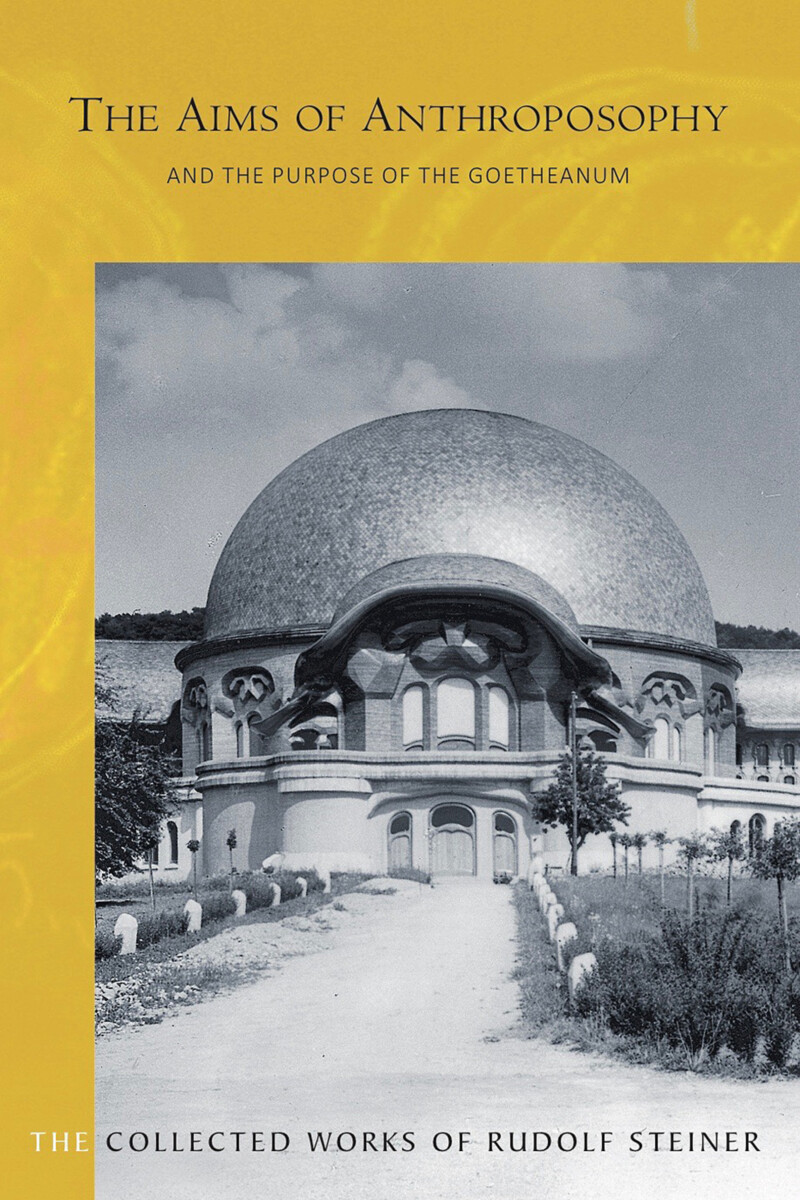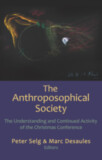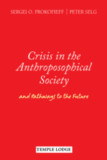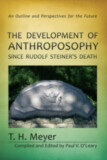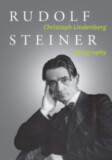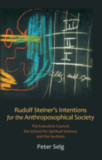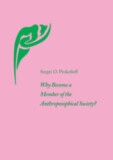The Aims of Anthroposophy and the Purpose of the Goetheanum
(CW 84)
- Publisher
Rudolf Steiner Press - Published
2nd November 2020 - ISBN 9781855845718
- Language English
- Pages 254 pp.
- Size 6" x 9"
11 lectures in various cities, April 9, 1923 – May 26, 1924 (CW 84)
In his final lectures to the general public, Rudolf Steiner speaks with great clarity and purpose about the inner and outer need for the anthroposophical impulse in modern times. Following the fire that destroyed the first Goetheanum building in Dornach, Switzerland, Steiner had focused his efforts on rebuilding and reorganizing the Anthroposophical Society. But he also continued to travel and speak to the public—in Prague, Vienna, and Basel—to explain the purpose of the Goetheanum and to elucidate the broader aims of his spiritual work.
These lectures, including a semi-public series in Dornach, are collected here in English for the first time, along with an introduction, notes and index.
This volume is a translation from German of Was wollte das Goetheanum und was soll die Anthroposophie? (GA 84).
C O N T E N T S:
Editor's Preface
Introduction by Matthew Barton
1. The Purpose of the Goetheanum and the Aims of Anthroposophy
2. Enhancing Human Powers of Perception to Develop Imagination, Inspiration, and Intuition
3. Human Soul Life and the Development of Imagination, Inspiration, and Intuition
4. Experience and Perception of the Activities of Thinking and Speech
5. The Physical World and Moral–Spiritual Impulses: Four Stages of Inner Experience
6. Perceiving the Etheric World
7. Soul’s Eternity in the Light of Anthroposophy
8. Human Development and Education in the Light of Anthroposophy
9. Supersensible Perception, Anthroposophy as a Contemporary Need
10. Anthroposophy and the Ethical and Religious Life
11. How Do We Gain Knowledge of the Supersensible World?
Notes and References
Rudolf Steiner's Collected Works
Significant Events in the Life of Rudolf Steiner
Index
Rudolf Steiner
Rudolf Steiner (b. Rudolf Joseph Lorenz Steiner, 1861–1925) was born in the small village of Kraljevec, Austro-Hungarian Empire (now in Croatia), where he grew up. As a young man, he lived in Weimar and Berlin, where he became a well-published scientific, literary, and philosophical scholar, known especially for his work with Goethe’s scientific writings. Steiner termed his spiritual philosophy anthroposophy, meaning “wisdom of the human being.” As an exceptionally developed seer, he based his work on direct knowledge and perception of spiritual dimensions. He initiated a modern, universal “spiritual science” that is accessible to anyone willing to exercise clear and unbiased thinking. From his spiritual investigations, Steiner provided suggestions for the renewal of numerous activities, including education (general and for special needs), agriculture, medicine, economics, architecture, science, philosophy, Christianity, and the arts. There are currently thousands of schools, clinics, farms, and initiatives in other fields that involve practical work based on the principles Steiner developed. His many published works feature his research into the spiritual nature of human beings, the evolution of the world and humanity, and methods for personal development. He wrote some thirty books and delivered more than six thousand lectures throughout much of Europe. In 1924, Steiner founded the General Anthroposophical Society, which today has branches around the world.


